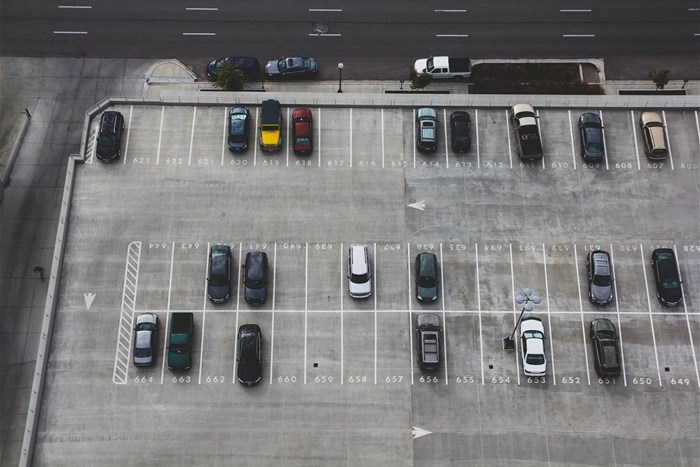






This is the message from Trudie Broekmann, a consumer attorney in South Africa.
Broekmann said that of the 31 key cases that were heard by the National Consumer Tribunal in the past 14 months, 21 revolved around defective motor vehicles. Seven of those claims were dismissed as they had expired due to prescription. In six cases the Tribunal imposed stiff fines against the offending supplier, and four of those were second-hand car dealers.
“We urge dealerships to stop taking their advice from industry associations like the Retail Motor Industry (RMI), Independent Dealers’ Association or blue-chip dealers who have no understanding of consumer law. We’ve come across several of these operators who reassure their members they have no liability when that is highly inaccurate and dangerous advice,” warned Broekmann.
In terms of section 56 of the Consumer Protection Act, a car purchased from a motor vehicle dealer that is defective and returned to the dealer within six months of the purchase date, must be repaired or replaced by the dealer or the dealer must refund the consumer the full purchase price.
Nothing in the consumer’s contract with the dealership or the vehicle finance provider can take away this right.
The National Consumer Tribunal will order the dealer to pay back the consumer if there is a substantial defect, something which affects the safety or drivability of the car or makes a substantial difference to the value of the car.
The Tribunal will not assist you to demand your money back from the dealer in the case of a cosmetic or minor defect. Examples are a rattle or scraping sound, minor leak, non-aligned boot lid, non-matching rims, faulty electronics causing the key not to be recognized, or where flaws were specifically pointed out to the consumer before purchase.
The consumer can claim repair costs for minor or cosmetic defects that were not pointed out to the consumer before purchase, where the defect was present at the time the consumer bought the car.
“We see from the rulings that the Tribunal will order the dealership to refund the consumer where there is clear evidence of a defective gearbox or engine trouble which causes the car to break down, a blown gasket, a serious oil leak, or poor prior accident repairs, combined with a variety of smaller faults which would cost over R100,000 to repair,” Broekmann added.
Claims first have to be dealt with by the Motor Industry Ombud and then have to be investigated by the National Consumer Commission.
“The Motor Industry Ombud’s findings more often than not contradict the clear wording of the Consumer Protection Act. So, consumers are forced to waste time and effort with referrals to the ombud just to receive unreliable outcomes. In the few cases where the ombud finds for the consumer, the dealerships routinely ignore the finding and so consumers are forced to approach the National Consumer Tribunal to obtain redress.
“The Commission is notoriously inactive and by the time they submit the case to the National Consumer Tribunal it has often already expired. This was the case in seven of the recent vehicle cases before the Tribunal, which is heartbreaking.
“If a consumer refers the matter to the consumer commission and they drag their feet, the right procedure is to request a notice of non-referral from the commission and then immediately refer the claim to the tribunal,” said Broekmann.
The tribunal has made it clear in one of their rulings that consumers must not refuse to make use of their warranty to fund any repairs that may be needed, if such a warranty is in place.
Likewise, they have ruled that they take a dim view of any dealership that does not conclude a formal written contract with a consumer. The Tribunal also doesn’t allow a dealership or workshop to charge storage fees when the consumer refuses to pay due to a valid dispute.